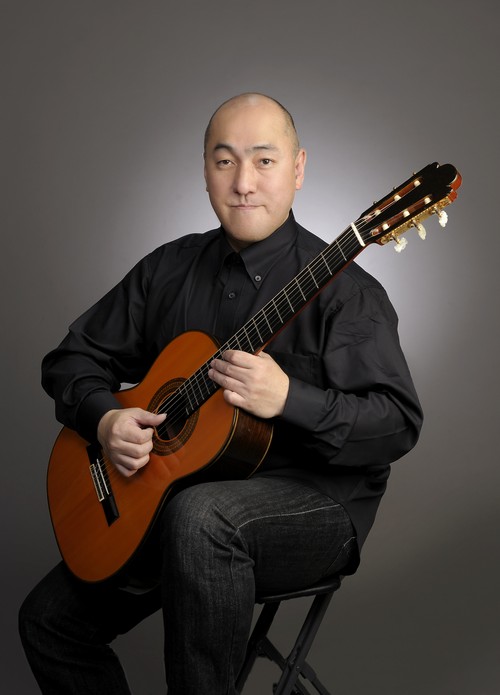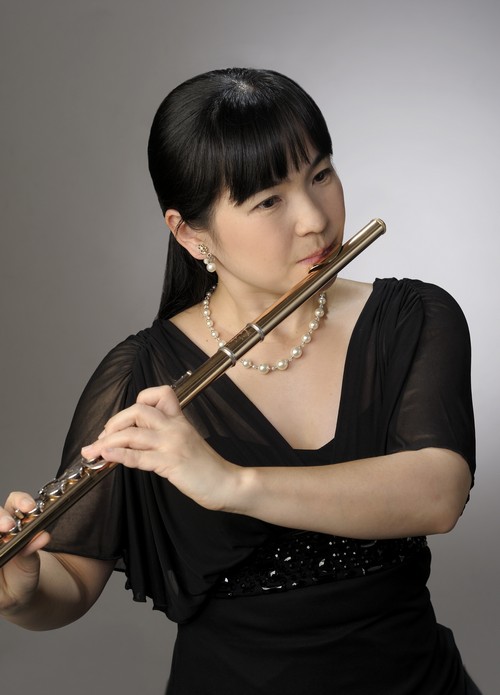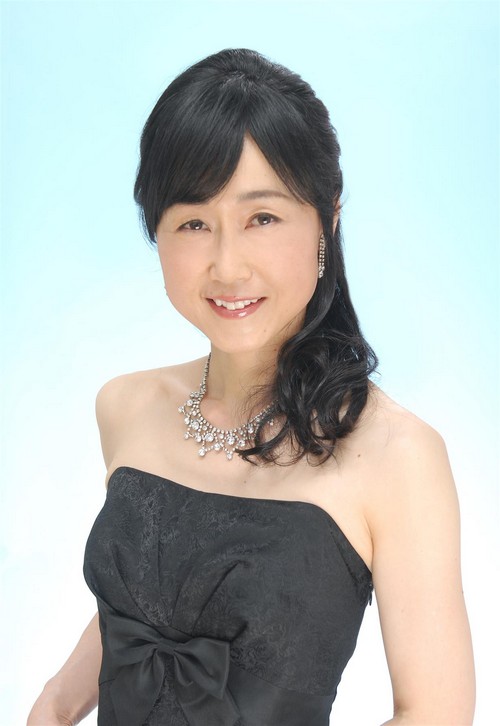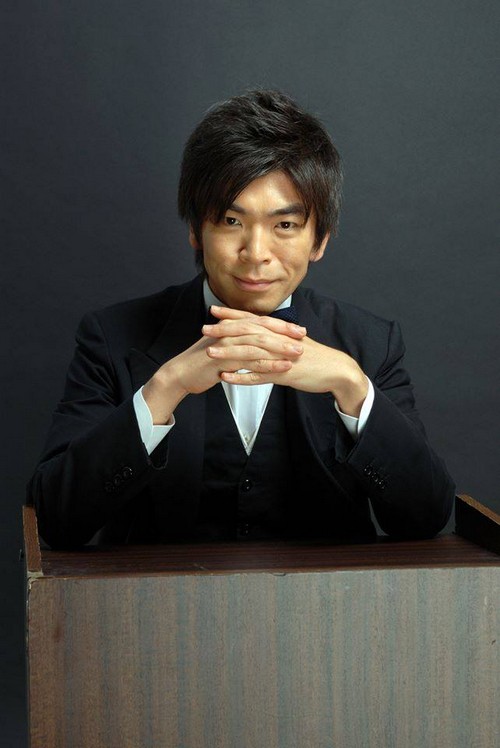[The Water Magician] - Eintritt Frei/Free Admission
JP 1933, R: Mizoguchi Kenji mit Tokihiko Okada, Ichirô Sugai, Bontarô Miake, 98 Min
Erleben Sie einmalig und live die japanischen Künstler:
Raiko SAKAMOTO (Benshi)
Joichi Yuasa (Gitarre & Shamisen)
Makiko SUZUKI (Flöte)
Akiko SUGIMOTO (Piano)
Sakamoto Raikô ist ein noch recht junger Künstler (*1979), der bei Matsuda Film Productions ausgebildet wurde und sein Debüt als Benshi im Jahr 2000 gegeben hat. Sein Repertoire umfasst ca. 50 Filme, darunter Klassiker und moderne Filme.
Kooperation mit dem Japanischen Kulturinstitut in Köln 
Along with Kurosawa Akira and Ozu Yasujiro, Mizoguchi Kenji is known throughout the world as one of the greatest directors of all time.
The Water Magician (Takino Shiraito) was made in 1933 and is perhaps the best film he made as a young director.
Like the stars of most of his work, this film's protagonist is a woman. The women in Mizoguchi's films are strong-minded women who refuse to be dominated by the men around them, and yet almost inevitably suffer for the men that they love. The scenario for The Water Magician was adapted from a tragic novel by Izumi Kyoka of the Shinpa style, popular during the late 19th century. (source: matsudafilm.com) With the aim of introducing overseas audiences “katsuben” (live narration for silent films), a very unique aspect of Japanese film culture, the Japan Foundation dispatches katsudo benshi Raiko Sakamoto and musician Joichi Yuasa (shamisen and guitar).
The event offers an opportunity to enjoy the moment a katsuben and a musician bring life into silent film masterpieces. During the silent film era in Japan, films were screened with musical accompaniment as well as live narration and commentary by a katsudo benshi who also lent his or her voice to films- characters, standing on the side of the screen.
Although a katsuben’s role is now replaced by sound films (talkies), katsuben practitioners have been passing down their techniques to this day, promoting the custom as an important part of Japanese culture that should be preserved.




© Matsuda Film Productions
